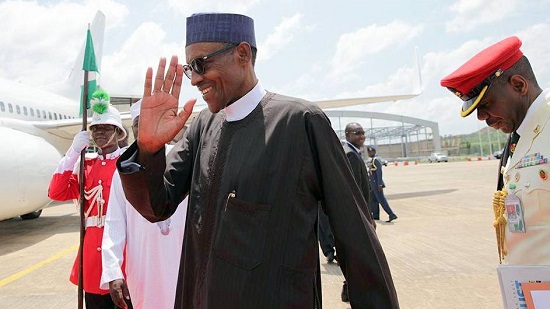This post has already been read 2495 times!
Gale Of Defections
Although defection from one political party to another is not new in Nigerian politics, but the number of politicians who dumped their parties ahead of next year’s general elections was unprecedented.
The first case of carpet-crossing was in 1951, when 20 of the 42 members of the defunct National Council for Nigeria and the Cameroons (NCNC) in parliament defected to the defunct Action Group (AG) to prevent the late Dr. Nnamdi Azikiwe from becoming premier of the old Western Region.
In the Second Republic, the then Deputy Governor to Chief Michael Ajasin of the Unity Party of Nigeria (UPN) in old Ondo State, the late Chief Akin Omoboriowo, defected to the National Party of Nigeria (NPN) and became its governorship candidate in the 1983 general elections, whose outcome plunged the state into deep crisis as a result of military intervention.
While many believe the defections were based on principles, the same cannot be said of the past, recent and ongoing defections, ahead of next year’s polls.
In 2014, ahead of the 2015 general elections, many prominent politicians left the then ruling Peoples Democratic Party (PDP) to the then newly-formed and now ruling All Progressives Congress (APC), mainly to pursue their ambitions, rather than principles.
And as the next general elections approached, politicians of different calibre, including occupiers of sensitive position and offices for the same reasons as pre-2015, both at the state and federal levels left their various platforms.
Prominent among them were former Vice President Atiku Abubakar, who contested and won the PDP presidential ticket, Senate President Bukola Saraki and Speaker, House of Representatives, Yakubu Dogara, who also returned to the PDP.
Similarly, governors Aminu Tambuwal (Sokoto), AbdulFatah Ahmed (Kwara) and Samuel Ortom (Benue), as well as senators Rabiu Musa Kwankwaso, Dino Melaye, Barnabas Gemade, Isa Hamman Misau, Lanre Tejuosho, Shaaba Lafiagi, Mohammed Shittu and Ubali Shittu, Rafiu Ibrahim, Suleiman Hunkuyi, Monsurat Sunmonu, Ibrahim Danbaba, Usman Nafada and Suleiman Nazif, among others moved to the PDP.
Initially, ADC, buoyed by former President Olusegun Obasanjo’s support, gained at least two senators and four representatives.
Conversely, the APC welcomed some defectors from the PDP, including former governor of Akwa Ibom State and ex-minority leader in the senate, Godswill Akpabio.
Following the defections, there were attempts by the APC to oust Saraki from office, but this faded away due to insufficient votes to carry out the plan, which was severally mouthed by APC National Chairman, Adams Oshiomhole, Senate Leader, Ahmed Lawan and Senator Alli Ndume, Akpabio and others as a result of vehement opposition from PDP.
In Ortom’s case, there were moves to impeach him, reminiscent of the Obasanjo era, but he had 22 of the 30-member House of Assembly behind him to wade off the attempt.
The defection of the two principal leaders of the National Assembly and other members to the opposition and APC’s lack of comfortable majority in the two chambers worsened the relations between the executive and legislature at the centre, required for smooth governance, which rubbed off on national leadership, as manifested in the uproar that greeted President Muhammadu Buhari’s presentation of next year’s Appropriation Bill at a joint sitting of both chambers last week.
Read Full Gist on [TheGuardian]



